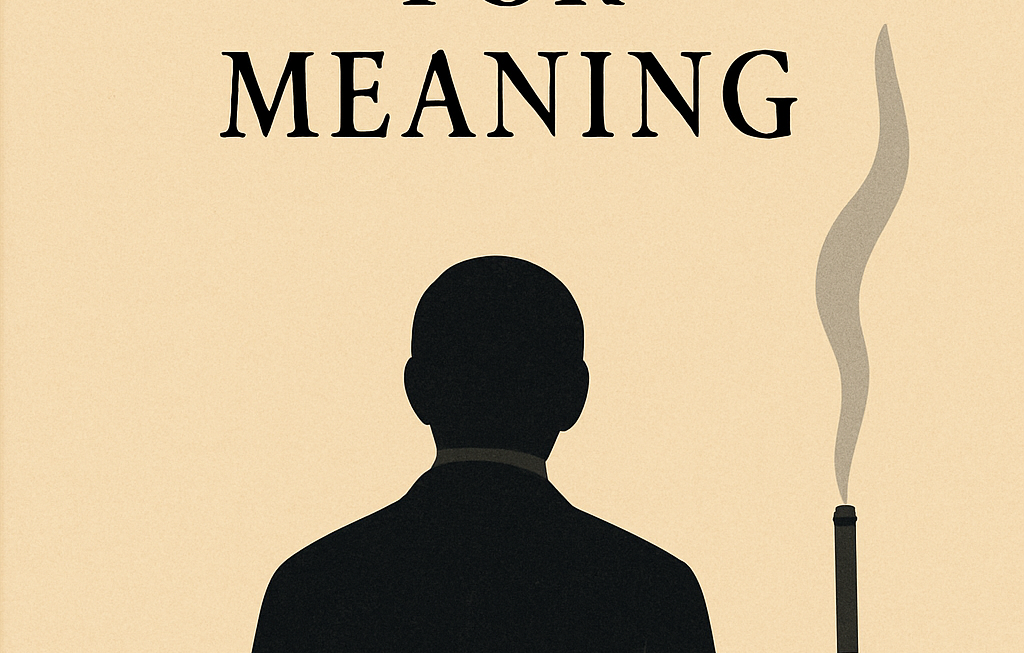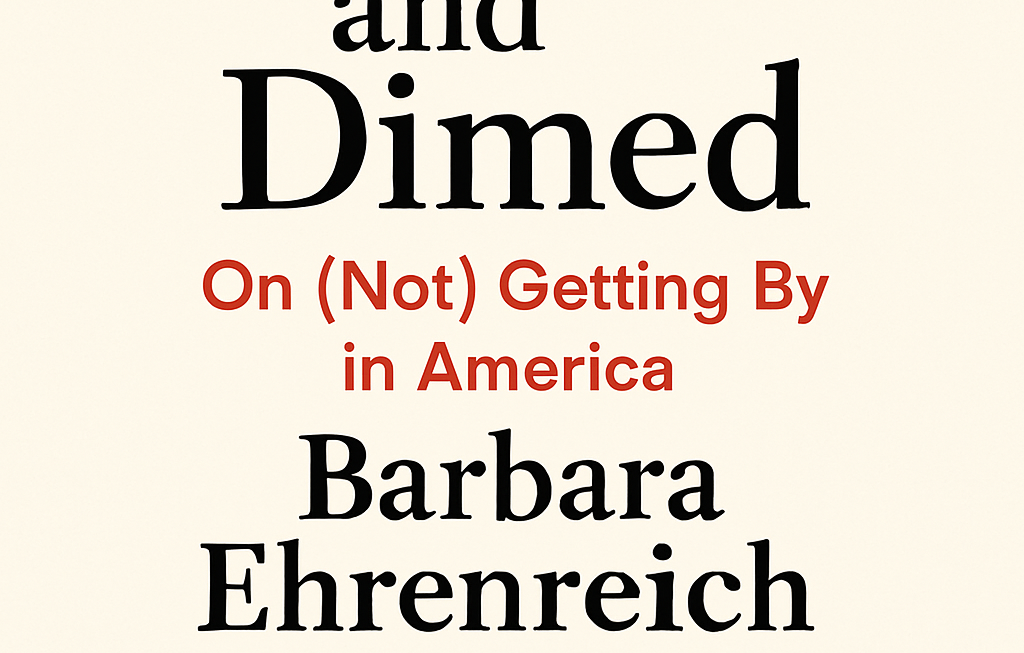The Enduring Legacy of Viktor Frankl: A Life Defined by Meaning
Viktor Frankl’s Man’s Search for Meaning, published in 1946, is more than a memoir; it’s a testament to the indomitable human spirit. Born in Vienna in 1905, Frankl, a neurologist and psychiatrist, experienced the unimaginable horrors of Auschwitz and other Nazi concentration camps. His experiences, recounted with chilling detail and unflinching honesty in the book’s first part, form the bedrock of his groundbreaking psychological theory, logotherapy. This approach, detailed in the second half of the book, posits that the primary human motivation is the search for meaning, a driving force capable of sustaining us even in the face of profound suffering. Frankl argues that while suffering is unavoidable, the individual’s response—their ability to find meaning in their plight—determines their capacity for resilience. This isn’t a simplistic, self-help prescription; it’s a rigorous philosophical exploration of the human condition, woven into a narrative that grips the reader with its stark reality and unwavering hope. The book’s impact transcends the boundaries of psychology and self-help, resonating with readers across diverse backgrounds and beliefs. Millions have found solace and inspiration in Frankl’s message, a testament to the enduring power of his work and the universal human need to find purpose in a seemingly meaningless world. His legacy isn’t just a contribution to the field of psychology; it’s a profound contribution to our understanding of what it means to be human, to endure, and to find meaning in the face of unimaginable suffering. Frankl’s life, shaped by the crucible of the Holocaust and dedicated to illuminating the human spirit, remains a potent source of inspiration and intellectual provocation.
An Imagined Conversation with Viktor E. Frankl
- Question: Your work blends personal narrative with theoretical exposition. Was this deliberate, a conscious attempt to bridge the gap between lived experience and abstract ideas?
Answer: Indeed, it was deliberate. The harrowing realities of the camps could not be divorced from the psychological principles I was developing. I felt a moral obligation to convey the truth of my experiences, not as mere anecdotes, but as illustrations of a larger, universal truth about human resilience. By weaving personal narrative into the theoretical framework of logotherapy, I aimed to lend the theory immediacy and visceral impact, making it more accessible and relatable to those seeking meaning in their own lives. The power of the personal testament allowed for a more profound understanding of the abstract principles.
- Question: Logotherapy is often categorized as a form of existentialism. How would you define its unique contribution to this larger philosophical movement, and where do you see it differing from other existential approaches?
Answer: While logotherapy shares common ground with existentialism in its emphasis on freedom, responsibility, and the search for meaning, it focuses specifically on the will to meaning – the inherent drive within each individual to find meaning and purpose in life. Unlike other existential approaches that may dwell on angst and despair, logotherapy provides a proactive, therapeutic approach: finding meaning is not merely a philosophical exercise but an active process of confronting challenges, discovering values, and engaging in meaningful activities. We are not victims of fate but active participants in shaping our destinies and finding meaning in every moment.
- Question: Many critics commend your accessible prose. Was clarity of expression a conscious artistic choice, given the gravity of the subject matter?
Answer: Absolutely. I felt it was crucial to communicate these complex ideas in a clear and straightforward manner, making them accessible to a wide audience. The horrors of the concentration camps should not be shrouded in obfuscating language; the profound truths about human resilience should be easily grasped. By prioritizing clarity, I hoped to maximize the impact of my message, to make the insights of logotherapy available to everyone grappling with the questions of meaning and suffering.
- Question: The book’s enduring popularity suggests a widespread resonance with its central themes. What do you believe accounts for this broad appeal, transcending cultural and religious differences?
Answer: The search for meaning is a universal human endeavor, a fundamental aspect of the human condition. Irrespective of cultural background or religious belief, every individual grapples with questions of purpose, value, and significance. The core message of Man’s Search for Meaning – that meaning can be found even in the face of extreme adversity – speaks to this inherent human yearning. It offers a framework not only for understanding suffering, but also for actively shaping a meaningful life, regardless of external circumstances.
- Question: Did you anticipate the scale of the book’s impact when you first wrote it? Did its reception surprise or exceed your expectations?
Answer: Honestly, I did not. My primary motivation was to share my experiences and my insights in a way that might be helpful to others. The scale of the book’s impact, its translation into numerous languages, and its sustained resonance across generations have been deeply humbling. To know that my work continues to inspire and offer solace is a profound honor, and frankly, a great surprise. I only hoped to share my story; the world’s response has far surpassed what I could have imagined.
- Question: Some critics argue that logotherapy risks minimizing the role of systemic oppression in shaping individual experiences. How do you respond to such criticisms?
Answer: Logotherapy does not negate the role of external factors, including systemic oppression, in shaping individual experiences. However, it focuses on the individual’s response to those factors. Even in the face of unimaginable brutality, the individual retains a degree of freedom – the freedom to choose one’s attitude, one’s meaning, one’s response to suffering. This is not to diminish the significance of the Holocaust, or any other oppressive system, but rather to emphasize that even under extreme duress, humans retain the capacity for inner freedom and the choice to find meaning.
- Question: Your experience in the concentration camps profoundly shaped your thinking. Can you pinpoint specific moments or reflections that directly influenced the development of your core ideas?
Answer: Several moments stand out. Witnessing the profound resilience of my fellow prisoners despite immense suffering highlighted the power of the human spirit to find meaning amidst despair. Observing those who had surrendered hope, and their subsequent decline, underscored the importance of maintaining a future orientation, a belief that life, even in its most wretched state, holds potential for meaning. The simple act of finding beauty in nature, the possibility of a future reunion with loved ones, these things provided small slivers of meaning that sustained life itself.
- Question: How did your professional background as a psychiatrist inform your observations and reflections during your time in the camps, and how did this experience, in turn, reshape your understanding of the human psyche?
Answer: My training allowed me to observe the psychological dynamics of individuals under immense stress. I saw firsthand the diverse ways people coped with suffering. Some found strength in their faith; others in their relationships; others yet in their ability to offer help to others. This reaffirmed the complex nature of human resilience and highlighted the importance of finding a sense of purpose and meaning, even in the most dire of circumstances. The camps acted as a brutal crucible to test the limitations and capabilities of the human mind, deeply shaping my therapeutic approach for the remainder of my life.
- Question: Beyond the obvious horrors, were there any unexpected or surprising aspects of your experiences that profoundly impacted your understanding of human behavior?
Answer: The unexpected capacity for kindness and compassion, even within the dehumanizing context of the camps, profoundly impacted me. I witnessed acts of selfless generosity and unwavering support from fellow prisoners who, despite their own suffering, offered comfort and encouragement to others. This demonstrated the enduring strength of the human spirit to find and give meaning even when all external meaning appears to be gone. This simple act of giving, the will to help others, was ultimately an act of sustaining one’s own meaning.
- Question: What advice would you offer to contemporary readers grappling with existential anxieties and the search for meaning in a seemingly fragmented world?
Answer: I would urge them to recognize their inherent freedom to choose their attitude, their values, and their response to suffering. The search for meaning is not a passive pursuit but an active process of engaging with life, discovering one’s values, and contributing to something larger than oneself. Even in the face of apparent meaninglessness, the capacity to find meaning – to find purpose in one’s actions – remains. This very search is ultimately what constitutes a meaningful life.
“`



